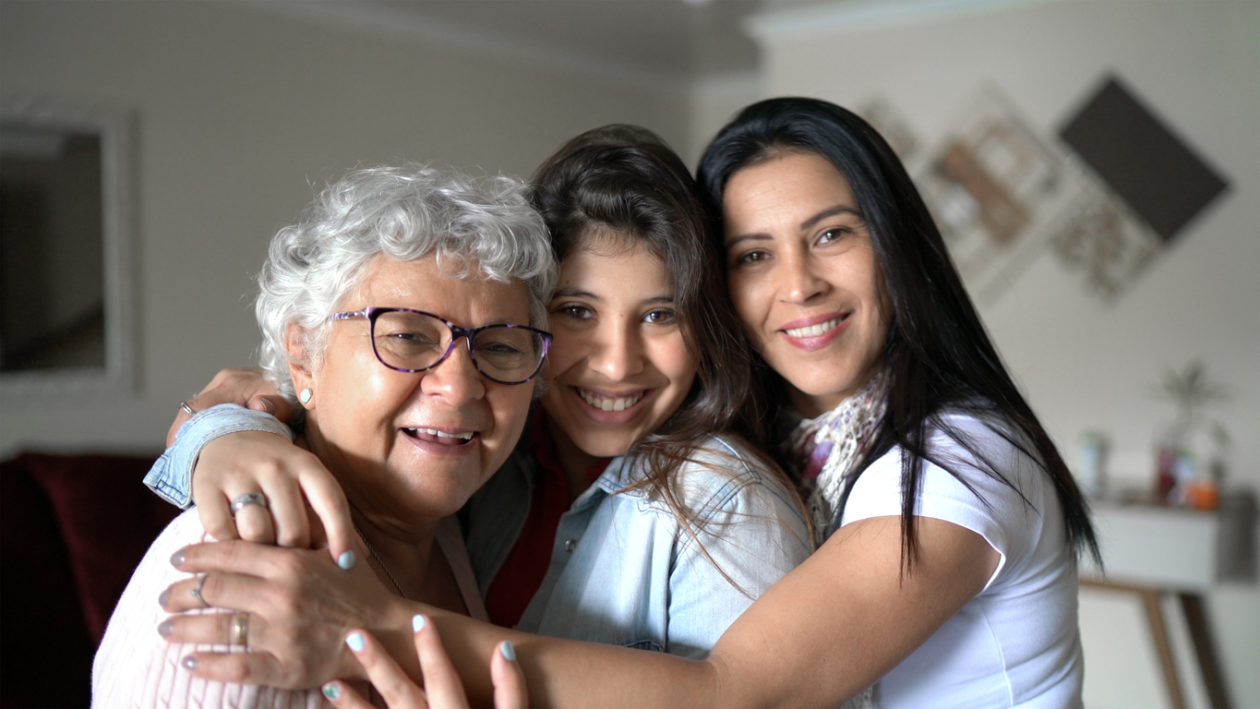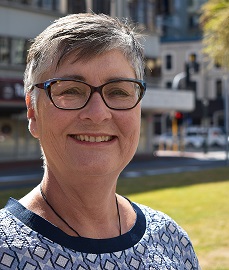We need to rectify this extraordinary dichotomy
Alzheimers NZ Chief Executive Catherine Hall reiterates the need to fully fund and implement the Dementia Mate Wareware Action Plan in the wake of recent media.


Former Minister for Seniors, Tracey Martin, got it spot on recently when she told Stuff that New Zealand is not prepared to handle the country’s ageing population.
Now the Chief Executive of the Aged Care Association, Tracey was talking about the Government’s Aged Care Funding and Service Models Review being undertaken by Health New Zealand Te Whatu Ora.
She reiterated what we have been saying for years – Aotearoa New Zealand is not prepared “on any level” for the aging population and there needs to be a re-think about how health and aged care services are provided and funded for Aotearoa New Zealand’s older people.
Aged Care Commissioner, Carolyn Cooper, said similar things in her recent report Amplifying the voices of older people across Aotearoa New Zealand, in which she calls for a better integrated continuum of care for older New Zealanders.
Our sentiments exactly. The seeming fixation on aged care beds and home and community support services is myopic. Yes, they are part of the overall picture but health care for older New Zealanders needs a more holistic approach, as we keep stressing.
Yet getting this message across to Government is extremely challenging, and it’s not just this Government that either fails to see – or chooses to ignore – the obvious impacts Aotearoa New Zealand’s aging population will have on an already struggling health system.
We have met with the same indifference from successive Government’s over both the Dementia Mate Wareware Action Plan and our call for more and better funding for struggling community-based dementia mate wareware and Alzheimers services. Our frontline services play a vital role in communities supporting people and their whānau living with dementia mate wareware get the help they need.
You can read our recently published position papers on both these subjects here and here.
One can only hope our voice, and that of Tracey Martin and Carolyn Cooper, will finally be heard, perhaps in the shape of changes and funding in Budget 2025.
I’m not entirely without hope; Minister Costello has been happy to engage with us and we appreciate the fact she has given us and our Kaitiaki colleagues a fair hearing. And there are opportunities for useful change in the form of the Aged Care Services and Funding Models Review.
Let’s hope this Government takes those opportunities because this is not a can we can keep kicking down the road.
Which brings me neatly to our next Repositioning Dementia event, aptly titled “What’s next?”
We’ll discuss exactly that, and more, on Tuesday 24 September, in Wellington and online. Registrations are now open.
And on the subject of what’s next, maybe, finally, there’s a glimmer of hope that the plight of New Zealand’s older people may get some long-overdue recognition and proper support from health policy makers.
Our older people are the largest users of the health system, yet among the most marginalised in health policy. That quite extraordinary dichotomy needs to be rectified.

